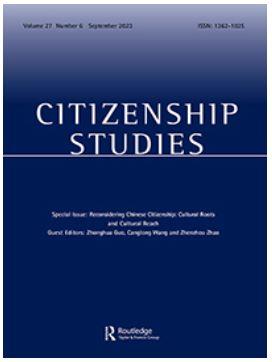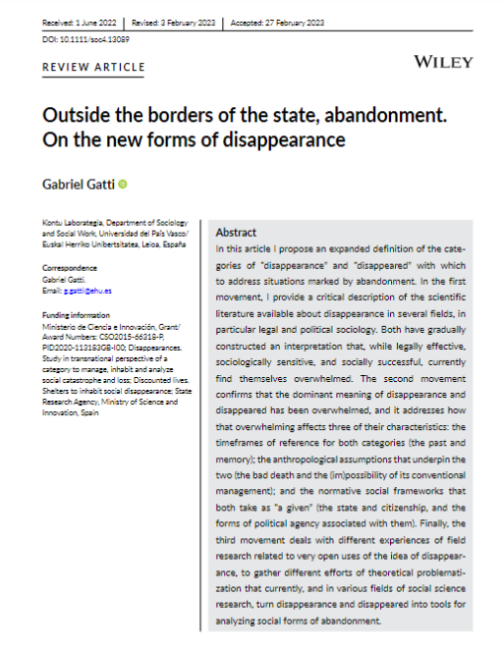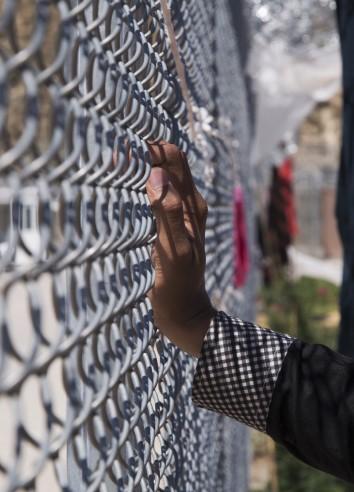
Armed groups, states and families: accounting for the dead as an element of humane treatment
International humanitarian law requires that the bodies of those who die as a result of armed conflict, whether of international or non-international character, must be protected, treated with dignity, and all available information recorded prior to their disposal. In practice, non-international conflicts have become more prevalent over the last years, resulting into a proliferation of non-state armed groups who increasingly hold territory and provide governance-like services, such as the case of the Syrian Arab Republic and the Republic of Iraq. In providing services to populations under control through the establishment of a civilian administration, non-state armed groups have recorded deaths and issued death certificates. In response, States have introduced cumbersome procedures to recognize the fact of death for inheritance purposes, though not necessarily recognizing insurgent death certificates alone as proof for death. Failure to obtain a valid proof of death for the death of a family members’ results in denial of myriad rights afforded to surviving relatives. In considering the gravity and scale of this problem, this study considers whether the obligation to record deaths under humanitarian law, the obligation of humane treatment and the right to know the fate of relatives can shed light on how states may regard the validity of insurgent death certificates.





